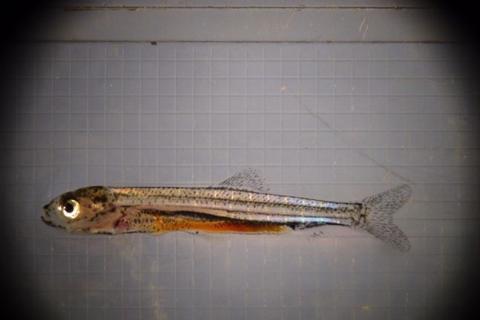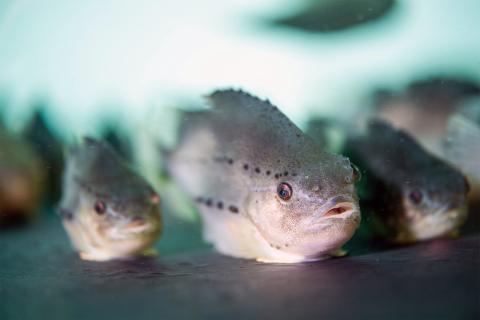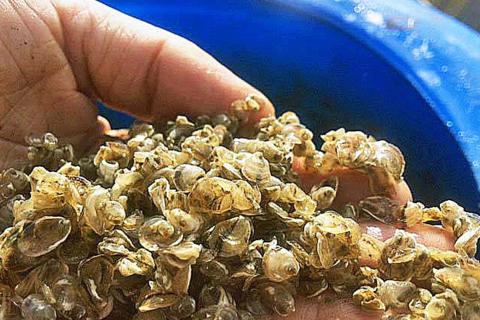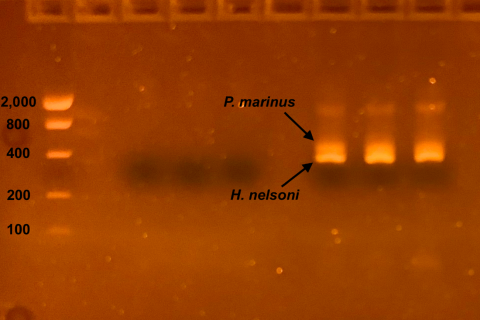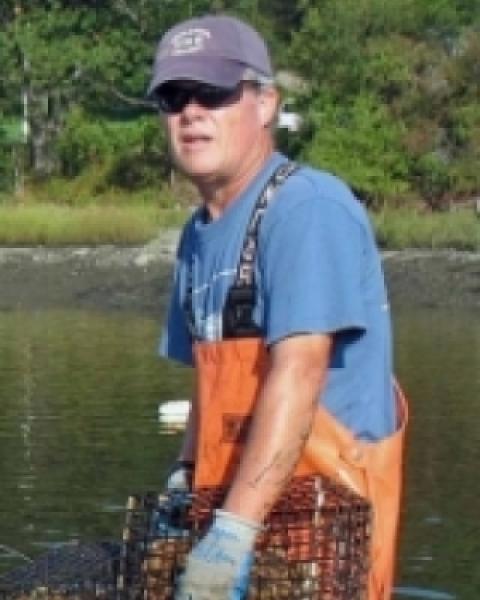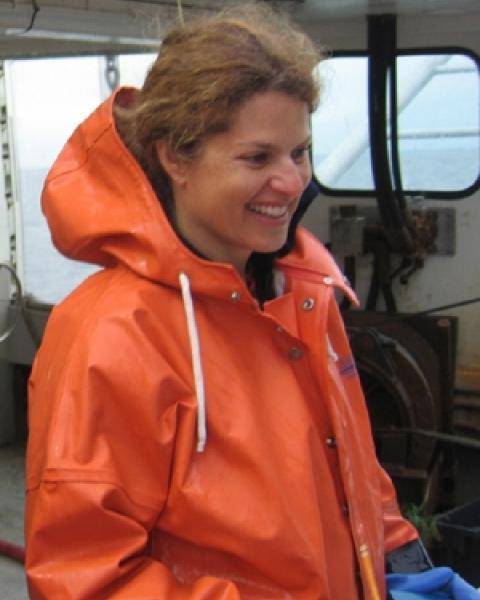Aquaculture researchers at the UNH College of Life Sciences & Agriculture are investigating new and innovative methods of sustainable fishing, reducing prevalence of aquatic animal disease, and leveraging the many ecosystem services that marine life can provide. They're working closely with New Hampshire's growing fisheries industry to find solutions and tap new market opportunities, helping to advance sustainable aquaculture practices in the state, and lead industry-wide advancements.
Below, we've shared just some of those aquaculture research projects – and the researchers spearheading the work. We encourage you to explore and share!
Aquaculture Research at COLSA
Using Fish Physiology to Help Growers of Commercially Important Species
Optimizing culture conditions and strains is necessary to assure adequate growth and survival of fishes cultured for food and for stock restoration. This work is also important to understand and, in some cases, mitigate the impacts of adverse environmental conditions on wild fishes. Read more
Using Lumpfish in Aquaculture Production
UNH has been working with the New England aquaculture industry (salmon farmers in Maine and steelhead trout farmers in NH) to promote the use of Lumpfish (Cyclopterus lumpus) as cleaner fish in salmonid cage culture to control parasitic sea lice. Read more
The Importance of Cultivated Eastern Oysters in Great Bay
Delicious eastern oysters (Crassostrea virginica) are a favorite food of New Englanders. In New Hampshire, they are commercially produced on farms and can be recreationally harvested from wild reefs in the Great Bay Piscataqua River estuary. Current UNH research explores best practices for cultivating oysters and quantifying the ecological roles played by both wild and aqua-cultured oyster populations. Read more
Farming and Restoration in Great Bay Estuary
Eastern oysters, or Crassostrea virginica, are cultivated widely along the North American Atlantic coast for commercial and restoration purposes. Like their wild brethren, farmed oysters are experiencing a multi-pronged assault that is affecting production and the ecosystem services they provide. Read more
COLSA Faculty Working in Aquaculture Research

Bonnie Brown
Professor of Biological Sciences
Bonnie.Brown@unh.edu; 603-862-4200
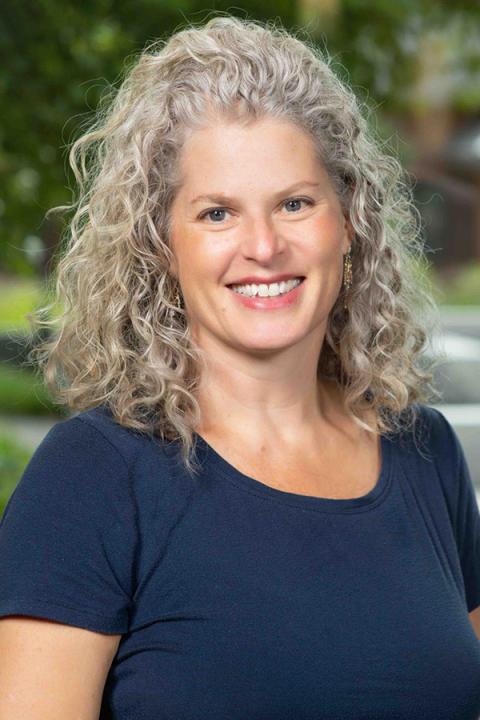
Elizabeth Fairchild
Research Associate Professor, Biological Sciences
Elizabeth.Fairchild@unh.edu; 603-862-4475
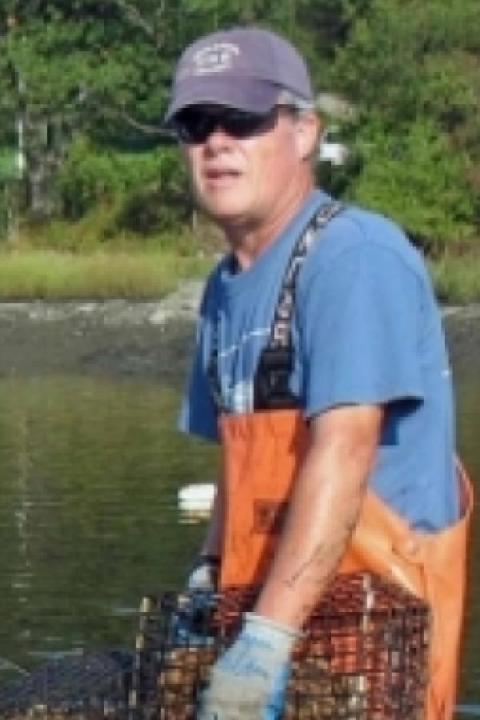
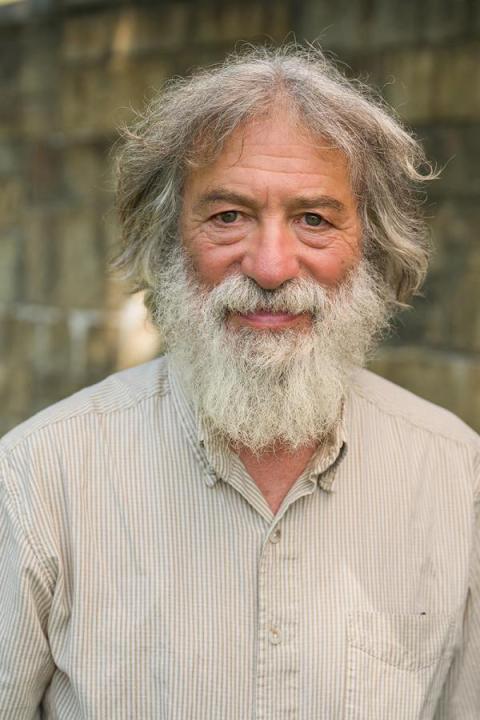
David Berlinsky
Professor of Agriculture, Nutrition, and Food Systems
David.Berlinsky@unh.edu; 603-862-5130
